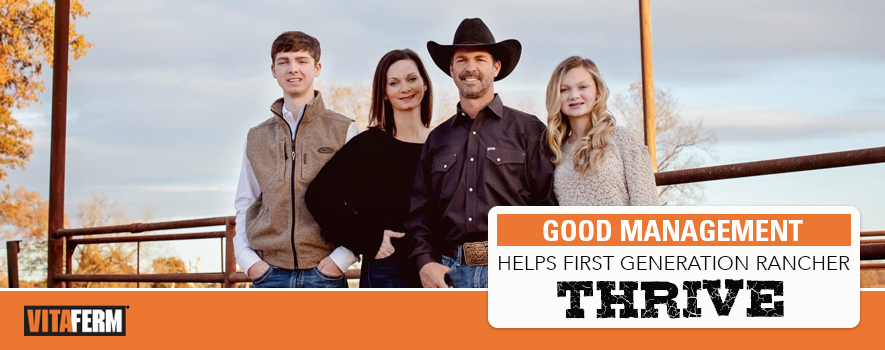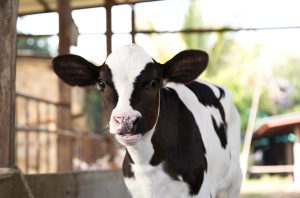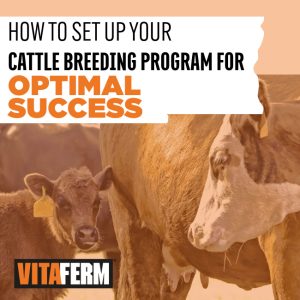
Some people are born into the cattle industry. Others find a mentor or a partner to join the business with. And for some, it is a way of life that is just in their blood. That’s the case for southwest Arkansas rancher Pace King. He and his wife have been the owners and operators of King Cattle Company for 20 years now and haven’t looked back.
Although the first-generation cow-calf producer had grandparents and uncles involved in agriculture, King’s dad, a doctor, said it was just “in his son’s blood.”
“I have just always liked this way of life. I’ve always liked cattle. I got out of college and went straight to ranching. I enjoy the land, the cattle and being outside and watching Mother Nature,” he said.
While King is living his dream, it doesn’t come without challenges. However, with good management, sound decision-making skills and two decades of hard work, he and his family have built a successful enterprise. He currently runs 1,300 cows on his ranch near Nashville, Arkansas, and focuses his attention on keeping a young cow herd that raises healthy, growing calves.
He has tried different things during his time in the cattle business from buying northern cows from Nebraska and Montana and bringing them to his ranch to get bred, to trading cows and artificial inseminating replacement heifers. He has found what works best for him is running native cows with some ear and breeding them to Charolais or Hereford bulls. The cows that come up open don’t get to stay as they aren’t going to help pay the land or cows notes.
In an environment that gets sufficient rainfall each year, King has been able to understock his pastures to help stockpile grass to get his cows through winter. He is able to rotate them through pastures, feed them a commodity feed mix and supplement them with a high-quality mineral program that he’s found beneficial.
King said he started feeding VitaFerm® mineral nearly seven years ago. He’s seen his herd’s conception rates increase since starting the mineral. He starts feeding his cows VitaFerm Concept•Aid® about 30 days before turning them out with the bulls all the way through breeding season. Then, he puts them on another VitaFerm mineral like VitaFerm Cattlemen’s Blend™ or VitaFerm Conserve® to keep them getting Amaferm, year-round. Conception rates for the herd have remained in the low 90%, something King said he can live with considering the size of his herd.
“When I started using the VitaFerm Concept•Aid, our conception rates went up and stayed up, and I contribute that to the mineral,” he said.
VitaFerm Concept•Aid is a mineral specifically formulated for reproductive success. It contains high levels of Vitamin E for reproductive tract repair, organic trace minerals for more stability and higher bioavailability and Amaferm, a precision-based prebiotic that impacts intake, feed digestibility and nutrient absorption for optimum health and performance.
When it comes time to market his calves, King likes to explore all his options. This year he is retaining ownership on a portion of the calves that he shipped to Cactus Feeders. He likes to sell his calves through Superior Livestock Auction as well, and he has captured increased profits through a combination of their value-added programs like the VitaFerm Raised and VAC 34 or VAC 45 programs.
Those added profits are important to a young man who started his operation from the ground-up, and now has a teenage son who wants to join in the family operation. King’s son will graduate high school next year, and already has started his own cow herd with aspirations of joining the family business because it too “is in his blood.”
“The biggest challenge has been capital. It’s a tough business. Having to make cow notes and land notes and leases. You’ve got to have good management practices and have some luck too,” King said.
Good management starts with quality nutrition and good health protocols.


